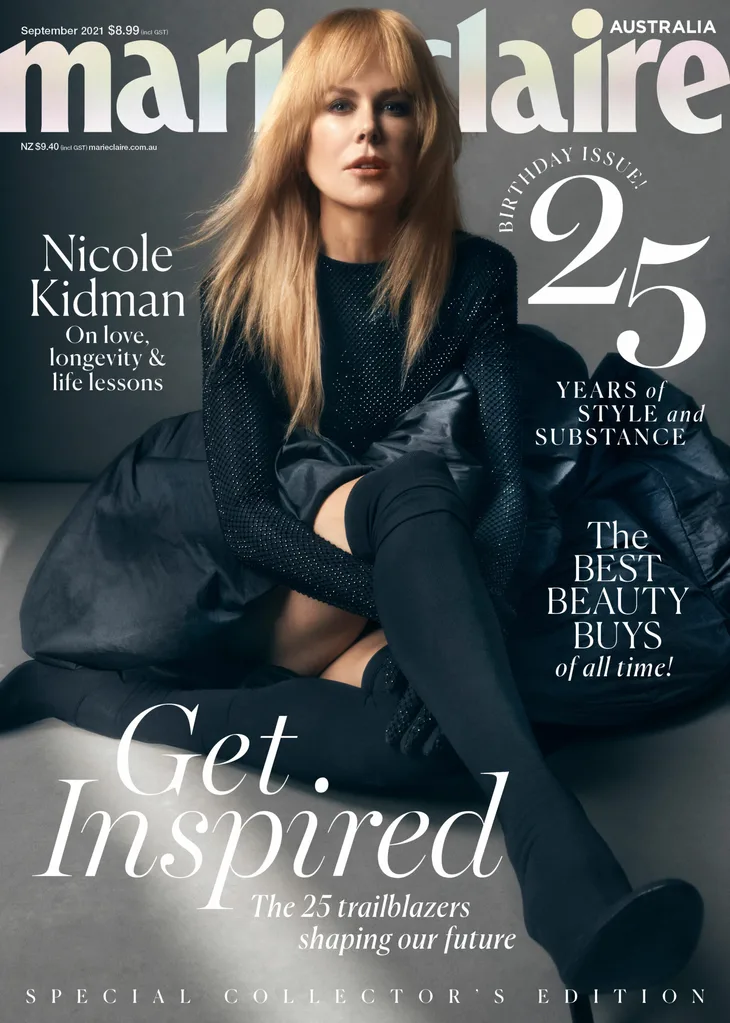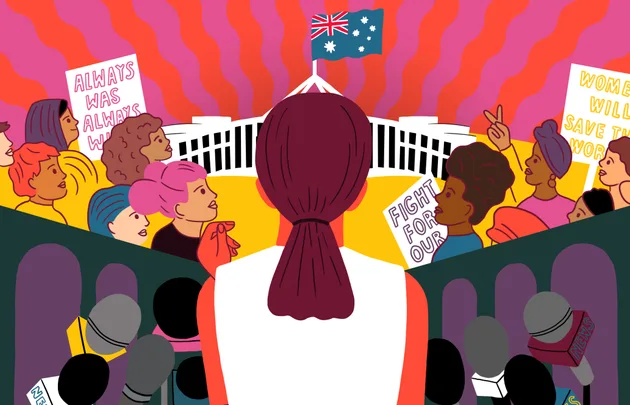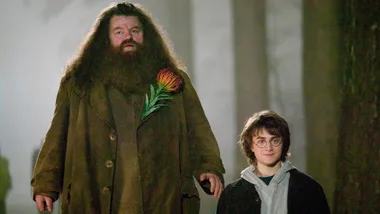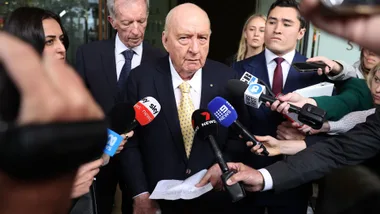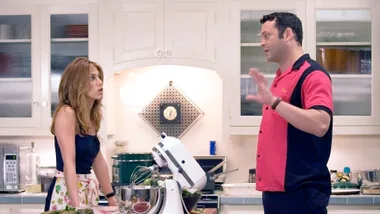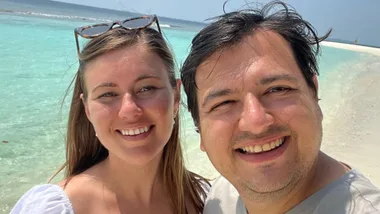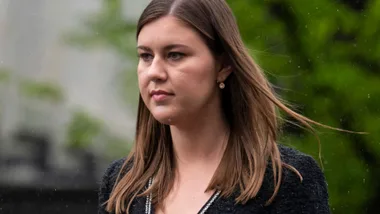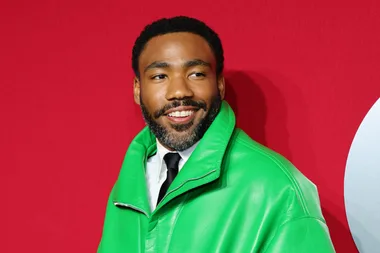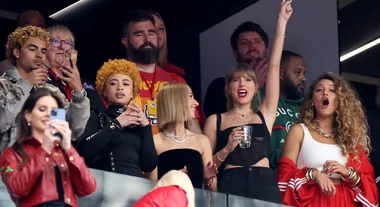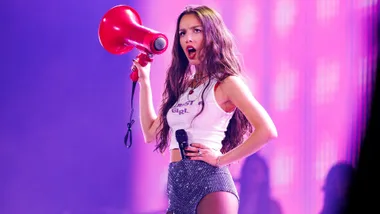Ravaged by allegations of toxic masculinity, sexism and even rape, Australian politics is in desperate need of a shake-up – preferably with a woman at the helm. With a federal election slated for 2022, we asked an anonymous panel of politicians, commentators and journalists to nominate our next female prime minister.
Here, we meet the top contenders.
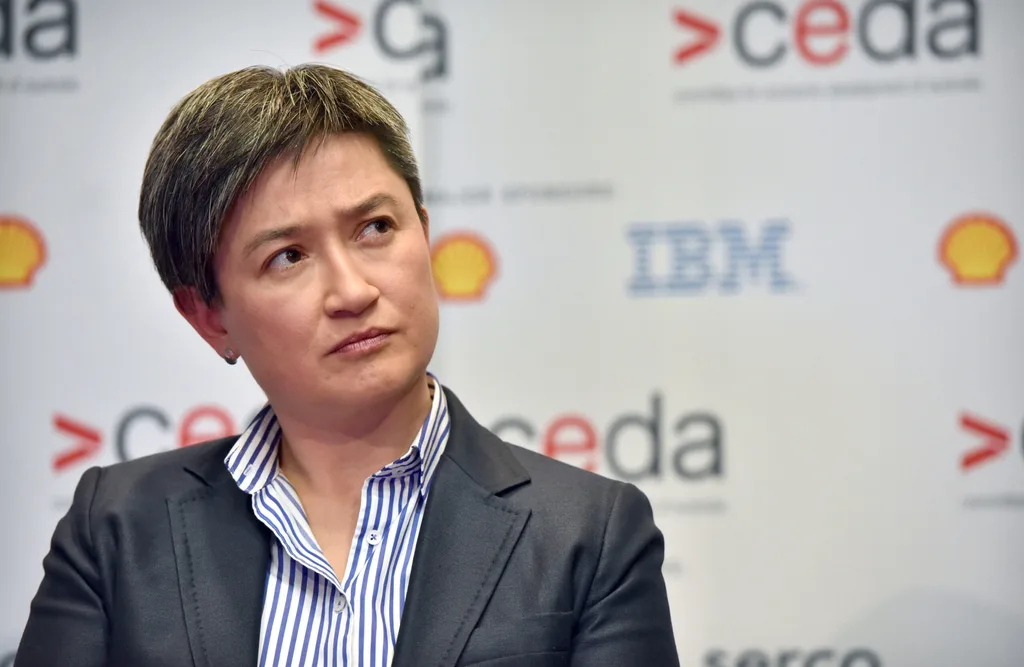
PENNY WONG
CURRENT ROLE: Leader of the Opposition in the Senate and Shadow Minister for Foreign Affairs.
POLITICAL PROWESS: Fierce, forthright and rational, Wong has all the makings of a fine PM. Said one member of our panel, “In terms of policy acumen and intellect, Penny Wong wipes the floor with pretty much every single male politician on either side of politics. She never makes it about herself – she just gets [it] done.”
HIGHLIGHT REEL: Her speeches on the same-sex marriage bill were moving yet blistering, and she’s the queen of a quick comeback. “You’re not my type, either, mate,” she famously retorted to serial “man-terrupter” Senator Ian Macdonald in 2017.
WHY HER? We’re struggling to find a reason why not. As one panellist expressed: “Australia could send Penny Wong out onto the world stage and be confident she’d do the nation proud. It would be nice to see a non-Anglo woman who happens to be in a same-sex relationship in that position as it would say good things about how we’ve progressed as a nation. But that’s not the reason; the reason is you just know she’d do the job well.”
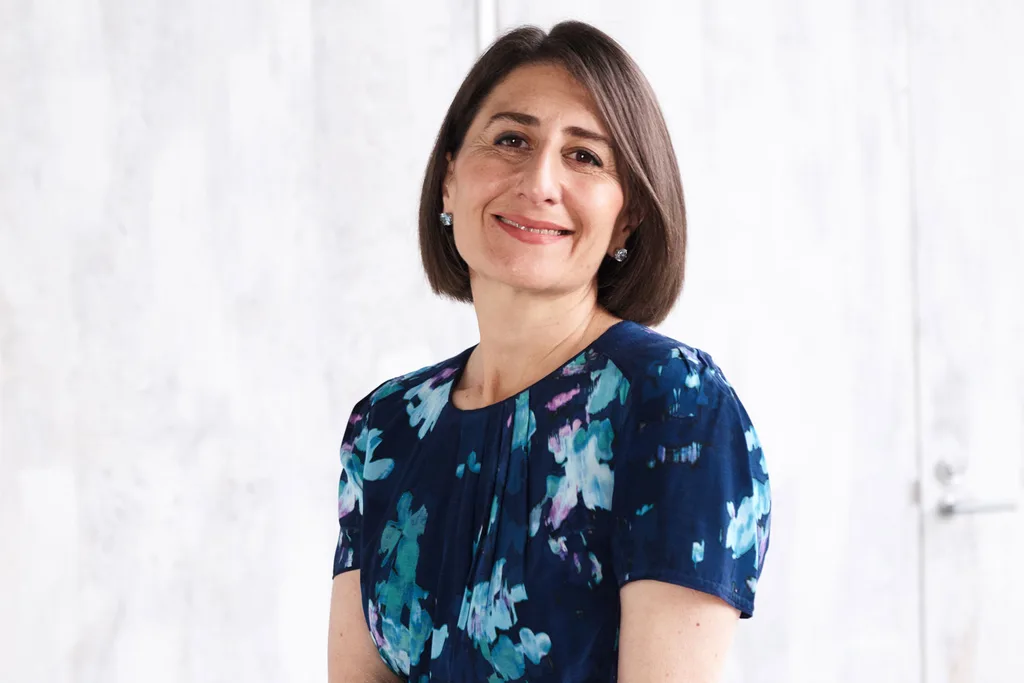
GLADYS BEREJIKLIAN
CURRENT ROLE: Premier of New South Wales.
THE GLASS CEILING: Berejiklian has already smashed one. Following Mike Baird’s resignation in 2017 she stepped into the role of NSW Liberal leader, and in 2019 she went on to become the state’s first-ever elected Liberal female premier.
SPECIAL TALENTS: She’s an impressive speaker, staying cool and calm under pressure and negotiating questions like, well, a politician. She’s been praised for her relentless work ethic and is passionate about infrastructure and transport (pre-COVID she was even known to get the bus to work).
PATH TO PM: Should Berejiklian aspire to the top job, she’d have to clear a series of hurdles. She’s been tainted by corruption sagas and accused of politicising the pandemic, although boasts an uncanny ability to emerge from a scandal unscathed. To date, only two former state premiers have gone on to become prime minister. Could Berejiklian – self-described as “someone with a long surname, and a woman” – be the third?
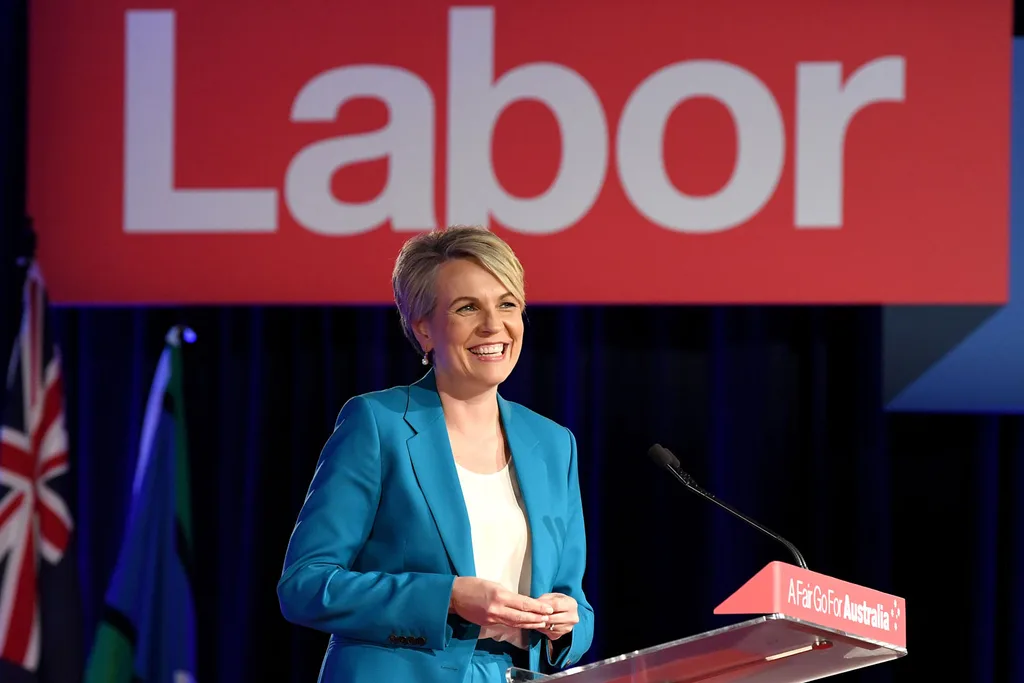
TANYA PLIBERSEK
CURRENT ROLE: So well-respected and loved is Plibersek that she’s commonly mistaken for deputy leader of the Labor Party. In fact, she’s the Shadow Minister for Education and Shadow Minister for Women.
SPECIAL TALENTS: She’s a staunch advocate for women’s rights (in 2013, as health minister, she approved the PBS listing of the then-controversial abortion drug RU-486).
STEPPING ASIDE: After Bill Shorten’s defeat in the 2019 federal election, Plibersek announced she would not be running for the Labor leadership, citing family responsibilities. Women across the nation were so distraught that columnist Jenna Price called the politician’s office and declared, “I’m prepared to retire from work and look after her children, if that’s what it takes.” (Price says she’s since received hundreds of messages from women wanting to join that childcare roster.) Today, though, Plibersek – who was part of our panel but did not nominate herself – has no formal plans to re-enter the race. “I don’t know who our next female prime minister will be,” she told marie claire. “But as Julia Gillard said, it should be easier for the next female prime minister, and the one after that – and we should all unite to make it so.”
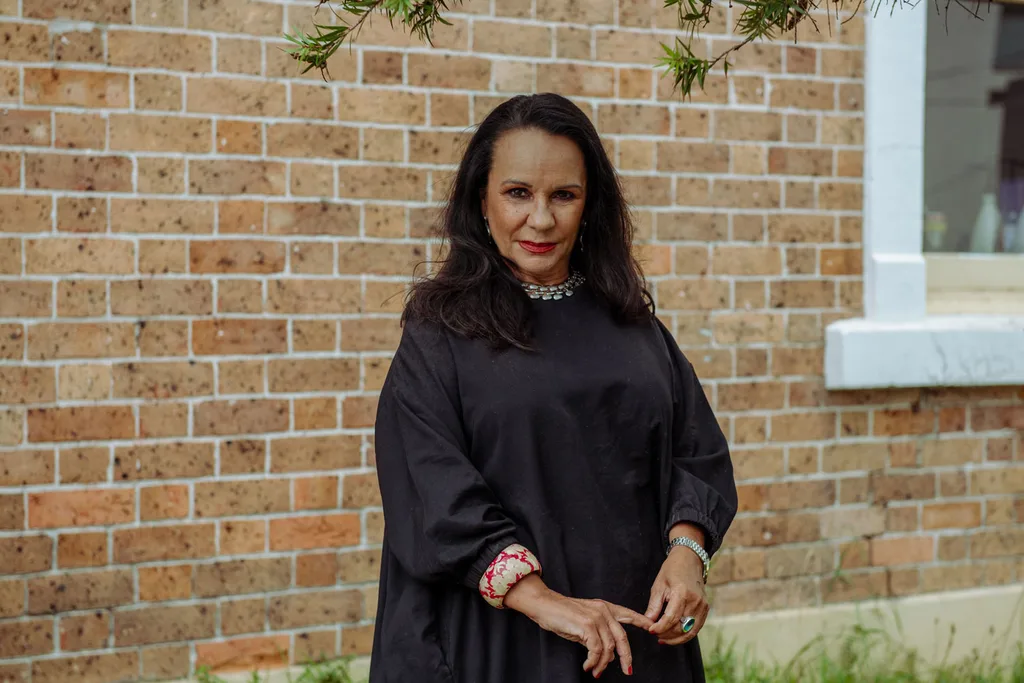
LINDA BURNEY
CURRENT ROLE: Shadow Minister for Families and Social Services, Shadow Minister for Indigenous Australians, and member of the House of Representatives.
BLAZING TRAILS: Of proud Wiradjuri descent, Burney is already a ground-breaker as the first Aboriginal woman elected to the House of Representatives. While her early political days centred on educational reform, in 2019 she took on the momentous role of shadow minister for Indigenous Australians. “I’ve been in political life for about 16 years and I have avoided the Aboriginal portfolio because I didn’t want to be defined as the Aboriginal spokeswoman,” she said. “But I feel I have reached a point in my career and life where I am ready.”
TOP OF HER AGENDA: Recognising Indigenous people in the Australian constitution, as outlined in the Uluru Statement from the Heart.
WHY HER? “Burney would make history as our first Indigenous prime minister,” said one of our panellists. “Her blend of wisdom, heritage, humour and compassion is what Australia needs.”
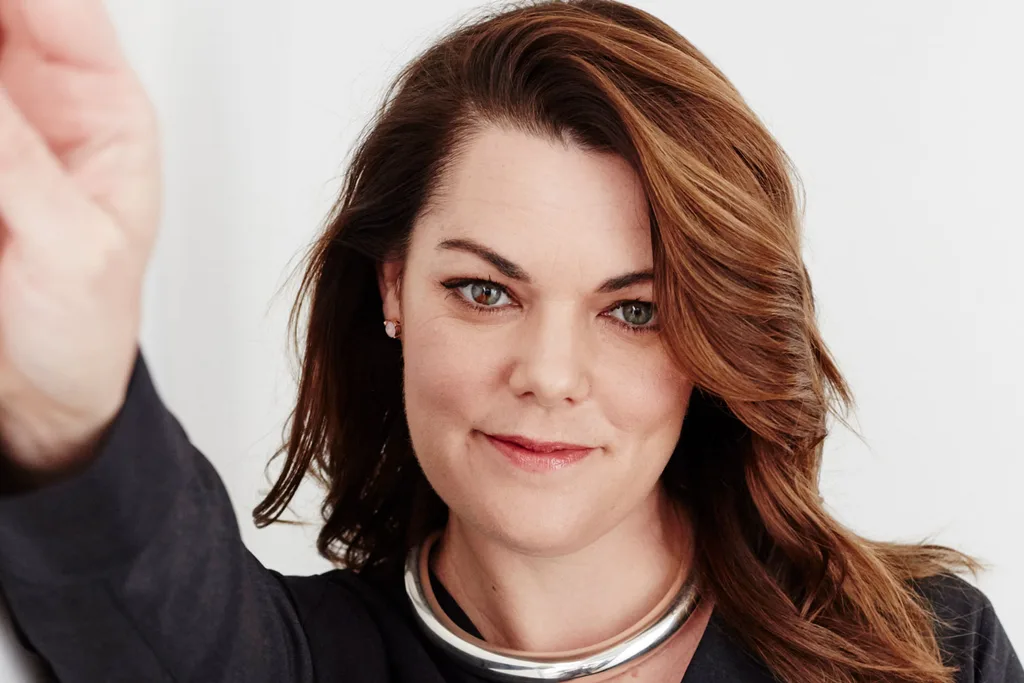
SARAH HANSON-YOUNG
CURRENT ROLE: Greens Senator.
MILESTONE MOMENTS: In 2007 Hanson-Young became the youngest person ever elected to the Senate, and the youngest woman ever elected to federal parliament.
FIGHTING THE GOOD FIGHT: From day one, Hanson-Young has been a bold voice for change and steadfast in her views, campaigning for environmental protection, supporting Australia’s arts industry and standing up to bullies. In 2019, she called out then-Liberal Democratic senator David Leyonhjelm for “slut-shaming” and received $120,000 in damages; and earlier this year Sky News paid her $40,000 to avoid a potential defamation case. Her gutsiness is admirable, though in the game of politics could it hurt her chances on the way to the top?
PATH TO PM: A member of the Greens has never held the position of prime minister, that’s a fact. And yet, with members of the public increasingly disillusioned by Australia’s two major political parties, a future government led by Hanson-Young might be more than just a green dream.
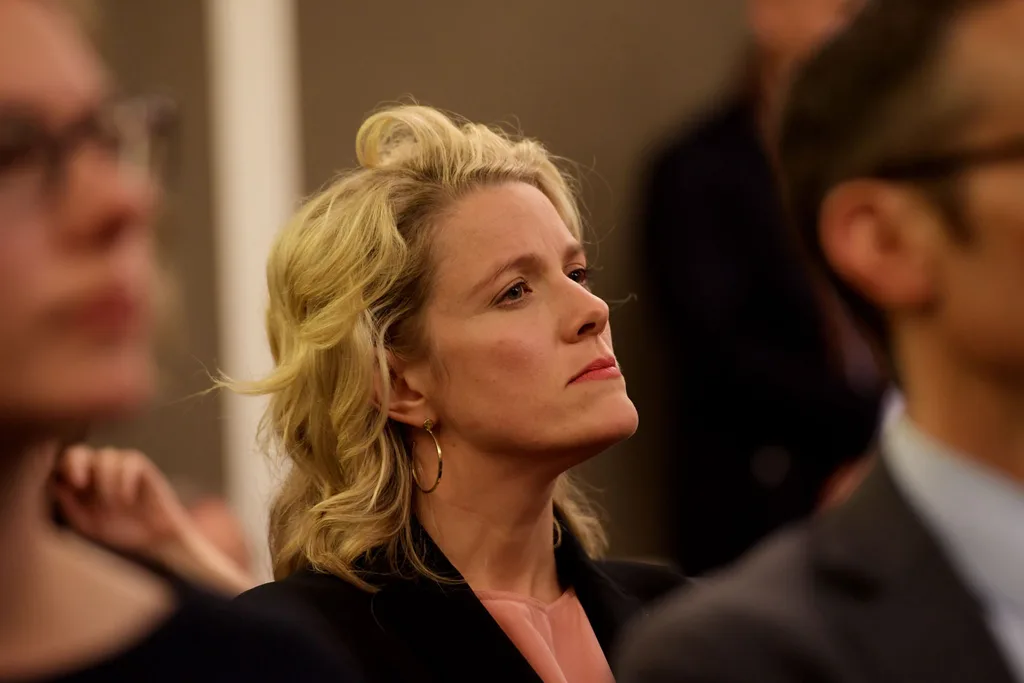
CLARE O’NEIL
CURRENT ROLE: Shadow Minister for Senior Australians and Aged Care Services.
STELLAR CV: At 23, O’Neil became mayor of the City of Greater Dandenong in Victoria, making her the youngest female mayor in Australian history. She went on to study a Master of Public Policy at Harvard University on a Fulbright Scholarship, before her election to federal parliament in 2013.
MASTER COMMUNICATOR: “Clare is strong on details and her TV appearances are smooth and flawless without coming across as too rehearsed,” observed one of our panellists. “She manages to still speak like a normal person – she gets her messages across but she does it without spinning so hard that it makes us all dizzy. If she’s able to retain that ability she’ll endear herself to many voters who are looking for honest brokers in their elected leaders, now more so than ever.”
WHAT’S NEXT? In 2019 O’Neil decided not to run for the position of deputy leader of the Labor Party, but we feel her time is nigh.
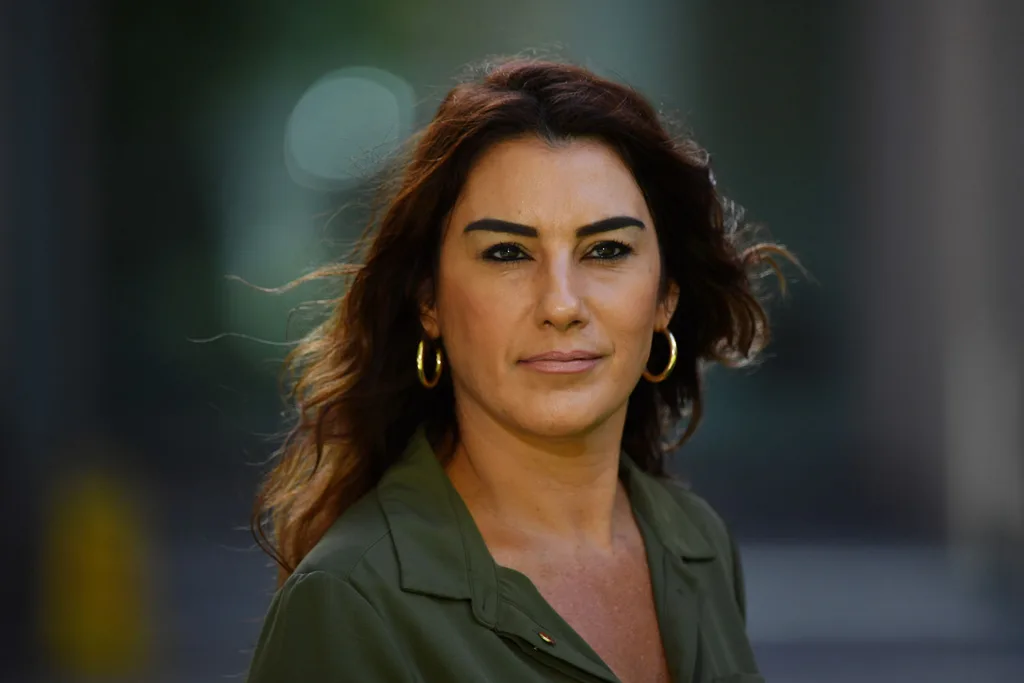
LIDIA THORPE
CURRENT ROLE: Greens Senator.
BORN TO LEAD: A descendant of the Gunnai, Gunditjmara and Djab Wurrung people and the granddaughter of revered Indigenous matriarch Alma Thorpe, Thorpe grew up in public housing flats where activism was a way of life. “Being Black means that you’re born political and we’re always justifying our existence and fighting for a seat at the table,” she has said.
HIGHLIGHT REEL: Last October, Thorpe made history when she was sworn in as the first Aboriginal senator for Victoria. She entered the chamber draped in a possum-skin cloak with her right fist raised in a Black Power salute. In her left she held a message stick burned with 441 marks, one for each Indigenous death in custody since the Royal Commission in 1991. Make no mistake, this is a woman ready to shake up centuries-old traditions and beliefs.
GREATEST STRENGTH: Her fire. Thorpe is a survivor of domestic violence who was a single mum at 17. She says she’ll lead for the people, meeting her constituents at eye level.
GREATEST OBSTACLE: Her fire. Australian politics has been known to snuff out flames and fervour.
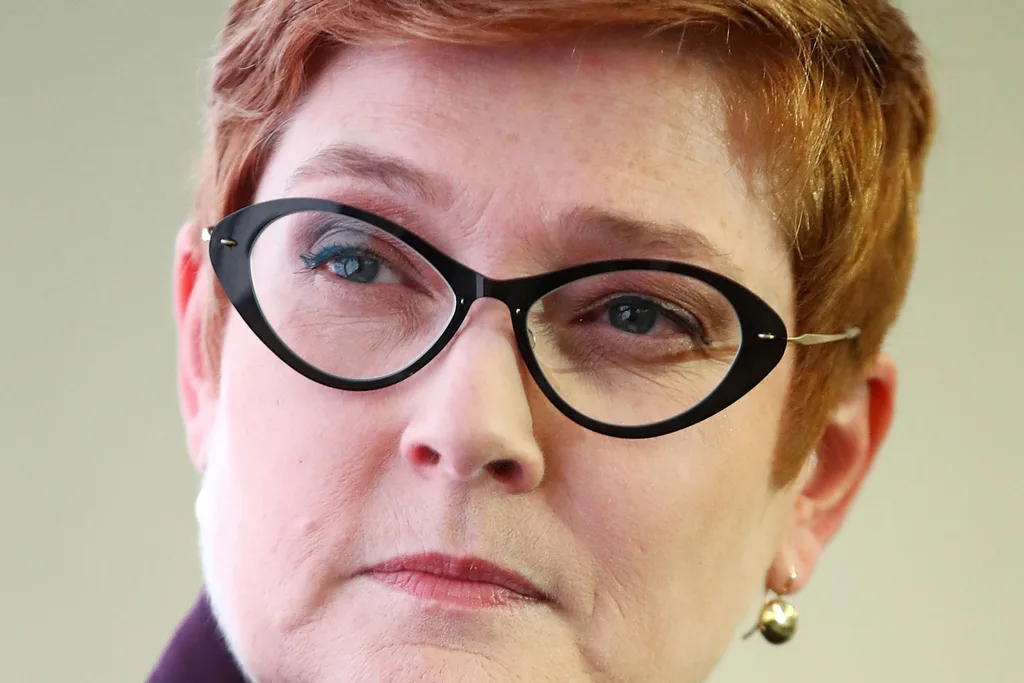
MARISE PAYNE
CURRENT ROLE: Minister for Foreign Affairs and Minister for Women.
POLITICAL PROWESS: Payne was appointed to the Senate in 1997, but it was during her tenure as minister for defence – the first woman to hold the portfolio – that she earned a deep respect from political insiders.
POINT OF VIEW: Something of an enigma, she’s a keen conservative, an ardent Republican and a self-declared feminist. Her moderate-to-progressive leanings (she apologised to the Stolen Generation and denounced One Nation) reportedly grate on her more conservative colleagues.
HOW SHE’D LEAD: Payne is described as measured, thoughtful and humble, a methodical decision-maker who specialises in quiet diplomacy.
WOMEN’S BUSINESS: In March 2021, amid a national reckoning on violent misogyny, Payne declined to join the Women’s March 4 Justice in Canberra. Weeks later, Scott Morrison announced Payne would co-chair a taskforce on women’s equality, calling her the “prime minister for women”. The appointment raised more questions than answers. Did it make Morrison the PM for men? And could Payne succeed him as PM for men and women?
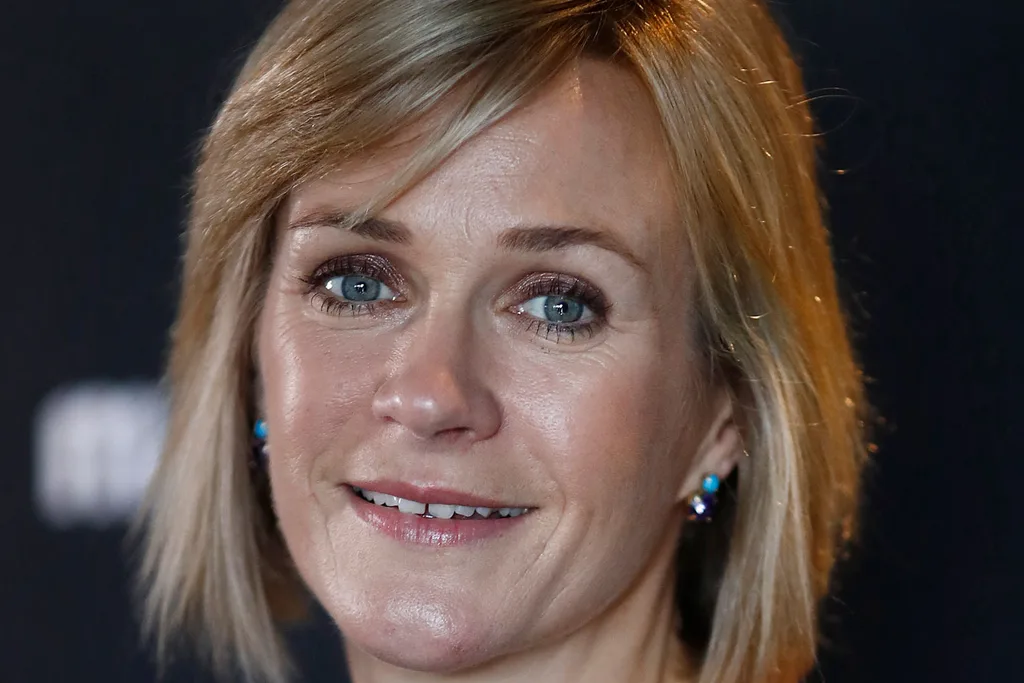
ZALI STEGGALL
CURRENT ROLE: Independent Member of Parliament.
HIGH ACHIEVER: Steggall is a four-time Olympian and Australia’s most successful alpine skier. Not content to sit back and bask in that glory, after retiring in 2002 she got a law degree and worked as a barrister for a decade. Then politics called. THE SHOWDOWN: In 2019, Steggall decided to run as an independent candidate for the blue-ribbon seat of Warringah in Sydney’s north, advocating for more action on climate change and policies for a strong, stable economy. Her opponent? Former prime minister Tony Abbott. Steggall delivered a stunning victory, proving the growing power of grassroots-supported independents to challenge major parties.
PATH TO PM: It would be tricky (or take some side-stepping) as an independent, but Steggall has an exceptional track record. Her promise to govern for “moderates with a heart” could appeal to many right now.
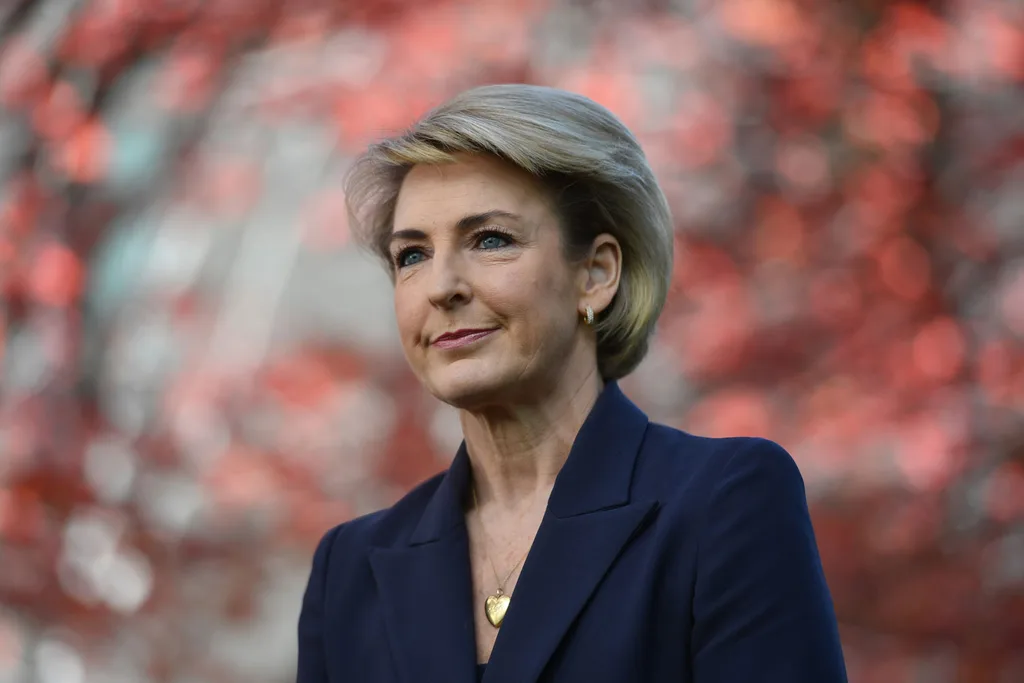
MICHAELIA CASH
CURRENT ROLE: Attorney-General and Minister for Industrial Relations.
POWER PLAYER: A member of the Liberal Party’s hard-right wing, Cash is described as a tireless worker and clever negotiator. She idolises Margaret Thatcher.
POLITICAL THEATRE: She’s known for her meme-able face and outbursts. Last year a video of her imploring Australians to have “a curry for the country” went viral, though footage of her brandishing an imaginary dagger while accusing Penny Wong of “drinking from the chalice of blood” was less worthy of satire, and more sinister.
WOMEN’S BUSINESS: Cash might struggle to amass support from the sisterhood. She served as minister for women for two years, though has said she doesn’t identify as a feminist. In 2019 she hired young political staffer Brittany Higgins, whose allegations of being raped in Parliament House have rocked the nation. Since Higgins resigned to share her story, she reportedly hasn’t heard from Cash.
This story originally appeared in the September issue of marie claire Australia, out now.
